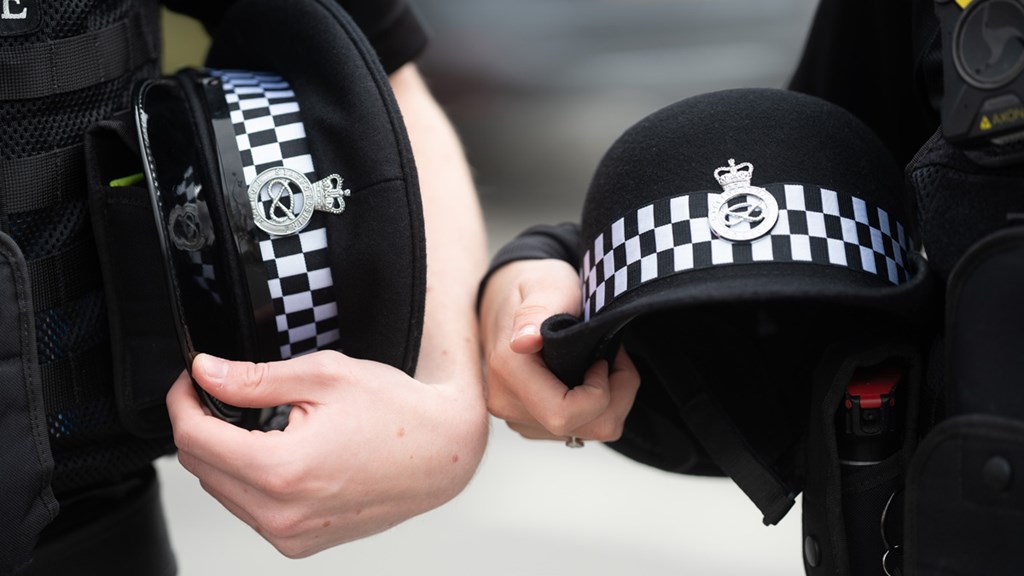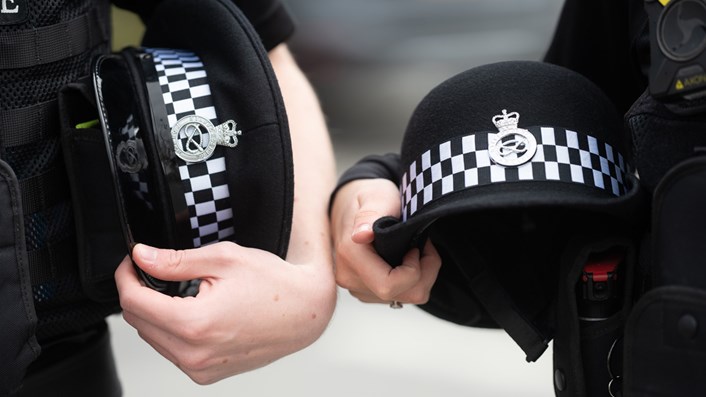
05 Apr 2023
NPCC responds to Online Sexual Exploitation of Children report
His Majesty’s Inspectorate of Constabulary and Fire & Rescue Services (HMICFRS) have today (5 April) published an inspection of how well the police and National Crime Agency (NCA) tackle the online sexual abuse and exploitation of children.
Deputy Chief Constable Ian Critchley, National Police Chiefs’ Council Lead for Child Protection, said:
“This report shines a much-needed spotlight on the challenges facing policing in its response to online child sexual abuse. We acknowledge the report’s recommendations, many of which have been implemented or are underway already in our on-going fight against all abusers.
“I am pleased that the report recognises the incredible, dedicated work going on by specialist investigators across the country working on upsetting investigations every day. They do this to keep our children safe, increase the trust and confidence of the public, and robustly pursue offenders. But, despite this effort, we know there is more to do, and we are not shying away from that.
“Working closely alongside the NCA, policing needs to be supported by individuals acting on and reporting concerns. It is also crucial that organisations treat their duties to protect children with the utmost seriousness. It should also be supported by a rigorous legal duty on tech companies to keep children safe online and report more offenders. We echo HMICFRS's comments about the necessity of the Online Safety Bill. It is of the utmost importance that the opportunity this presents to protect children is not impacted by the roll out of End to End Encryption by tech companies.
“We are committed to using the findings of this report to support our committed and dedicated staff and partners in how we tackle this national scourge.”
The context to HMICFRS’s report is that law enforcement is dealing with over 800 arrests a month, and is safeguarding almost 1,200 children, more than double the numbers of 5 years ago. Cases continue to rise, which means that forces must prioritise according to the highest risk of harm to enable them to manage the volume. Offenders have access to more devices, with more capacity, all requiring more exhaustive forensic examination.
We are equally seeing a huge rise in ‘self-generated indecent imagery’, with images taken and shared within peer groups - a crime type where, largely, children need be supported and educated, not criminalised. Increased access to online spaces is putting more children at risk, and giving more opportunity to offenders.
We work tirelessly to improve the confidence of victims, parents and trusted adults to report online offences when they have occurred – whether into policing, or through partners. We have invested significantly in our dedicated online child abuse teams, our digital forensics capabilities and our undercover online teams, and in the capabilities of CAID – the child abuse image database.
We acknowledge that there is much more to do. We have been working on guidance, training and practice advice for all staff engaged in online investigations, and have been working on a prioritisation model to enable forces to better manage the volume of cases. The implementation of this was delayed, awaiting the findings of this review. We are seeking to ensure consistency across all forces in assessment of risk and timeliness of action against offenders, and ensure that forces are supported in their use of digital forensics.
Contact information
Communications office
By phone: 0800 538 5058
By email: press.office@npcc.police.uk

